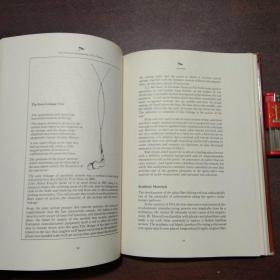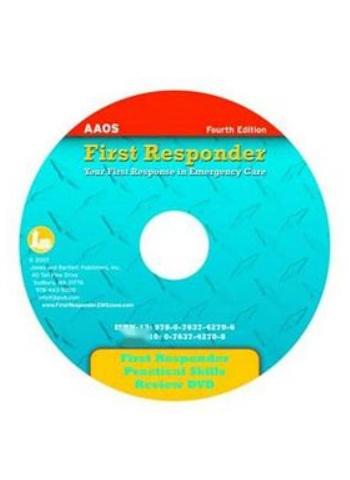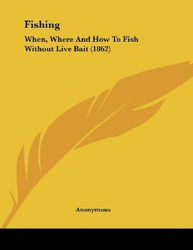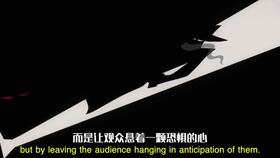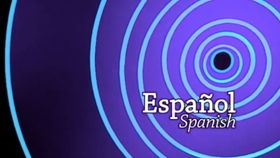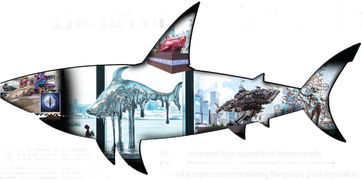Content:
Fishing, an age-old pastime, offers a tranquil escape from the hustle and bustle of daily life. Among the various fishing locales, fish ponds stand out as a favorite among anglers for their serene beauty and abundant catches. Whether you are a seasoned fisherman or a beginner, mastering the art of fish pond fishing requires a blend of技巧 (skills) and experience. In this article, we delve into the essential tips and valuable experiences that will help you become a proficient pond fisherman.
Choosing the Right Equipment
The first step in becoming a successful fish pond angler is to select the right equipment. Here are some key considerations:
Rod and Reel: The choice of rod and reel depends on the type of fish you are targeting. For smaller species like carp, a light-action rod and reel are sufficient. For larger fish like catfish or bass, a stronger and heavier setup is required.
Line: Use a line that matches the strength of your rod and the size of the fish you expect to catch. Monofilament lines are versatile and forgiving, while braided lines offer better sensitivity and are less likely to break.
Hooks: Choose hooks that are appropriate for the bait you are using and the size of the fish you are targeting. A good rule of thumb is to use a hook size that corresponds to the bait size.
Bait: Understand the bait that works best in your local fish pond. Common baits include worms, corn, bread, and artificial lures. Experiment with different baits to see what the fish prefer.
Locating the Fish
Once you have the right equipment, the next step is to locate the fish. Here are some tips:
Observe the Pond: Look for signs of fish activity such as bubbles, splashes, or vegetation disturbed by fish. These are good indicators of where the fish might be.
Research the Pond: Learn about the pond's ecosystem, including the types of fish present and their feeding habits. This information can help you determine the best spots to fish.
Use a Fish Finder: If available, a fish finder can be a valuable tool for locating fish. It uses sonar to detect the presence of fish in the water.
Techniques for Success
Once you've located the fish, it's time to apply the following techniques:
Patience is Key: Fish often take time to bite, so be patient. Avoid moving your bait too quickly or making sudden movements.
Adjust Your Bait Presentation: Depending on the fish's behavior, you may need to adjust your bait presentation. For example, if the fish are actively feeding, you might want to present your bait more aggressively.
Cast in the Right Direction: Cast your line into the water with the wind, not against it. This will help keep your bait from being blown away and reduce the likelihood of tangles.
Learn to Read the Bites: Different fish will bite in different ways. Practice identifying the subtle signs of a bite, such as a slight pull on the line or a change in the line's tension.
Valuable Experiences
Over the years, I've gathered several valuable experiences that have enhanced my fishing skills:
Weather Awareness: Fish are affected by weather conditions, so always check the forecast before heading out. Early morning or evening can be more productive times due to cooler temperatures.
Seasonal Patterns: Fish behavior changes with the seasons. In spring, fish are more active, while in winter, they may be less active and more difficult to catch.
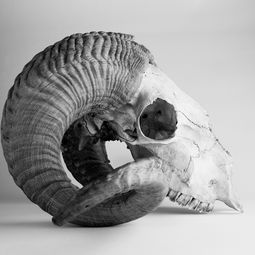
Local Knowledge: Talk to local anglers or pond owners. They can provide valuable insights into the best spots and techniques for catching fish in your area.
Safety First: Always prioritize safety when fishing. Wear appropriate clothing, be aware of your surroundings, and never fish alone.
In conclusion, mastering the art of fish pond fishing is a journey that combines technique, experience, and a deep appreciation for nature. By following these tips and learning from valuable experiences, you'll be well on your way to becoming a proficient pond fisherman. Remember, the key to success lies in understanding the fish, the environment, and adapting your approach accordingly. Happy fishing!
